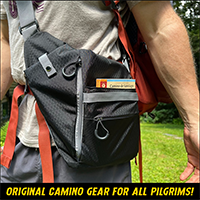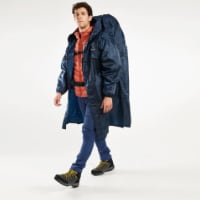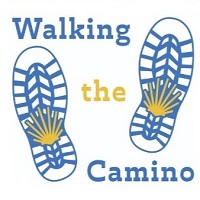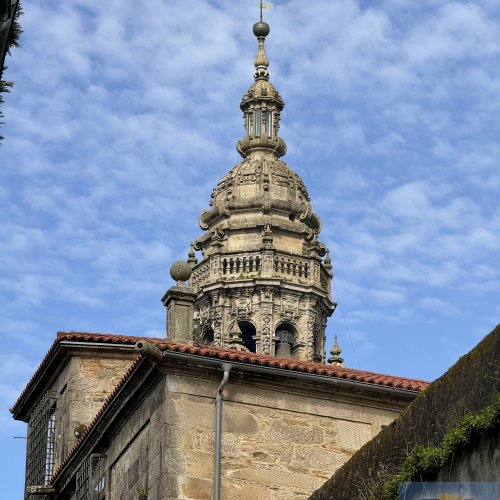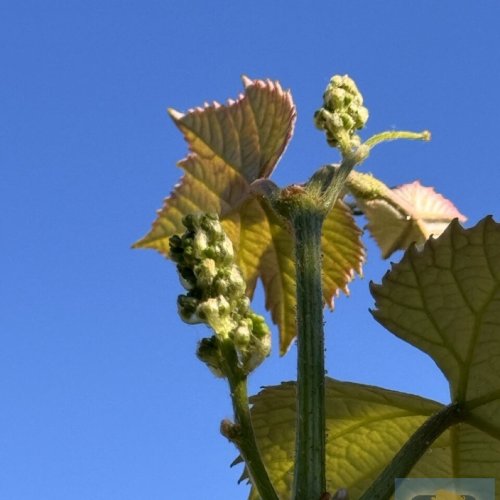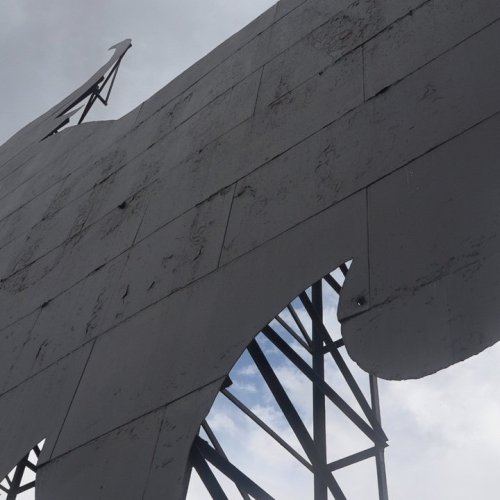LaoDaCamino
New Member
- Time of past OR future Camino
- Camino Frances planned 2022
Hello all!
I'm considering walking my first Camino this year, walking the French way in June. In November 2021 I had weight loss surgery and afterwards lost over 60 kilos. I have about 30 more to lose and still going!
I'm not at all worried about whether I can physically do the Camino as I can go my own pace and I'm in good physical shape. However, my food needs are quite different from the average pilgrim. I can only eat small amounts (an amount about the size of my hand) at one time. Therefore it's impossible to do something like eat a fulfilling breakfast and have it sustain me a few hours. To walk all day I would need to have lots of snacks of small meals. I'm also a little worried about being able to get enough caloric intake to walk multiple hours. I just came back from a snowboarding trip and was having trouble with dizziness in the afternoons and had to take periodic breaks for some food or electrolytes.
I think this will be doable but I'm hoping to find someone who can give me more information. My current plan is to try to always have some calorie dense, healthy snacks with me like nuts, cheese, fruit. I'm also going to use a bag transport service and part of my bag will be full of some nutrient dense food and energy supplements for if I really need it or can't find food at that location (I know albergues serve meals but I would need to eat food all evening to eat more than a couple hundred calories at a meal. I east extremely slowly).
Anyone able to offer any insights? Any sections of the camino I should watch out for that don't have food stores easily available? Appreciate any advice!
I'm considering walking my first Camino this year, walking the French way in June. In November 2021 I had weight loss surgery and afterwards lost over 60 kilos. I have about 30 more to lose and still going!
I'm not at all worried about whether I can physically do the Camino as I can go my own pace and I'm in good physical shape. However, my food needs are quite different from the average pilgrim. I can only eat small amounts (an amount about the size of my hand) at one time. Therefore it's impossible to do something like eat a fulfilling breakfast and have it sustain me a few hours. To walk all day I would need to have lots of snacks of small meals. I'm also a little worried about being able to get enough caloric intake to walk multiple hours. I just came back from a snowboarding trip and was having trouble with dizziness in the afternoons and had to take periodic breaks for some food or electrolytes.
I think this will be doable but I'm hoping to find someone who can give me more information. My current plan is to try to always have some calorie dense, healthy snacks with me like nuts, cheese, fruit. I'm also going to use a bag transport service and part of my bag will be full of some nutrient dense food and energy supplements for if I really need it or can't find food at that location (I know albergues serve meals but I would need to eat food all evening to eat more than a couple hundred calories at a meal. I east extremely slowly).
Anyone able to offer any insights? Any sections of the camino I should watch out for that don't have food stores easily available? Appreciate any advice!





